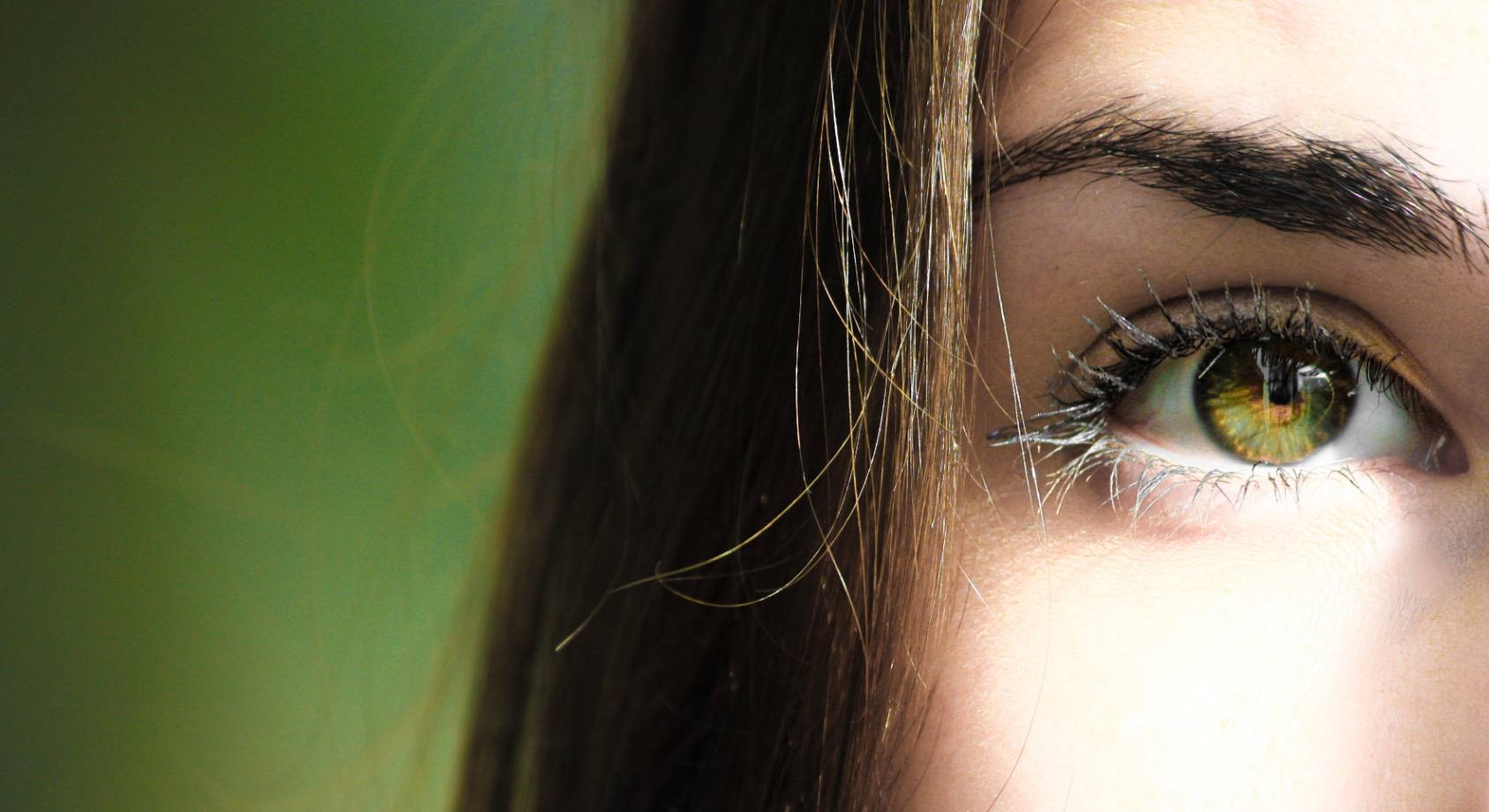How Do UV Rays Affect Your Eyes As You Age?

The sun’s ultraviolet (UV) rays have several potential consequences for health and wellness. In our article on tips for aging with grace, we mentioned how too much UV exposure can lead to premature skin aging and even skin cancer. But aside from the skin, your eyes are also at risk of developing vision problems due to UV exposure.
There is a wide range of eye conditions caused by overexposure to the sun and its harmful rays. These problems can be as simple as sunburn to the eyes, but excessive sun exposure can lead to more serious complications that could affect your vision in the long term. Here’s how UV rays affect your eyes as you age:
The sun and the eyes
UV rays can damage your lens proteins which leads to cataract formation in your eyes, making your vision blurry or hazy over time. Catching eye damage can worsen over the long term, especially since vision changes with age. As you grow older, your visual acuity may be reduced, you become more sensitive to light, and you become at risk of developing conditions like age-related macular degeneration, which is the common cause of vision loss among adults. Patients with cataracts, which cause light sensitivity, may encounter difficulties as they get older and become more sensitive to light.
Basking in the sun can also increase your risk of catching photokeratitis. Also known as sunburn to the eyes, photokeratitis is a condition that affects your cornea or the transparent part of your eye. While it can be treated, its symptoms can be uncomfortable as your eyes may feel painful and sensitive to light.
Lots of exposure to ultraviolet light can also cause pterygium or surfer’s eye. It is the growth of a bump or a tissue on the eyeball that could progress to your cornea and can cause blurry vision. Similar to photokeratitis, pterygium’s symptoms, such as burning and itching, can be annoying.
Another vision problem that may result from UV exposure is macular degeneration. Extended exposure to UV rays may damage your retina, the light-sensitive tissue at the back of your eye. This causes the deterioration of your macula, the retina’s center part, which affects your central vision and could impact your ability to do crucial activities like reading, driving, and seeing things up close.
How to protect yourself
There are ways to prevent UV rays from damaging your vision. You can protect your eyes through sunglasses that have UV protection to prevent dangerous light from penetrating your eyes. Buying prescription sunglasses can be helpful in this respect because they protect your eyes while aiding with other vision issues like myopia, which is useful since most people need vision correction as they grow older. You can choose from a variety of models that fit your lifestyle like the Crankshaft and Leadline frames from Oakley, and then simply add prescription lenses based on your vision needs. Oakley’s website even allows you to try on these glasses virtually to see if they fit your face well.
You can also avoid going outside from noon up until late afternoon to avoid being exposed to too much UV rays. If you do need to go out during that period, you should consider wearing a wide-brimmed hat on top of sunglasses for maximum protection. Hats can cover the eyes and skin, as well as block harmful light that could lead to eye strain and other vision problems. The Solbari wide-brim hat can provide you with optimum protection when you’re outside and is easy to pack and bring around on trips or even when you’re out doing errands.
UV rays have several detrimental effects on the eyes. These conditions can also worsen over time as your vision changes with age, so be sure to practice proper UV protection to prevent serious complications.
